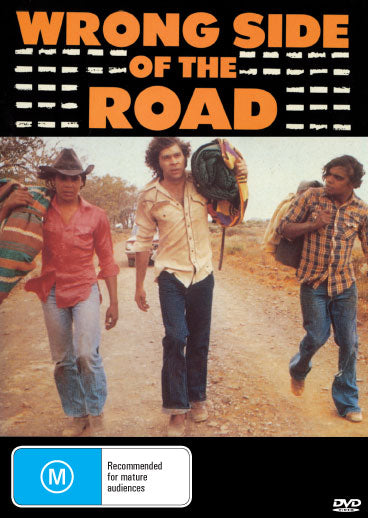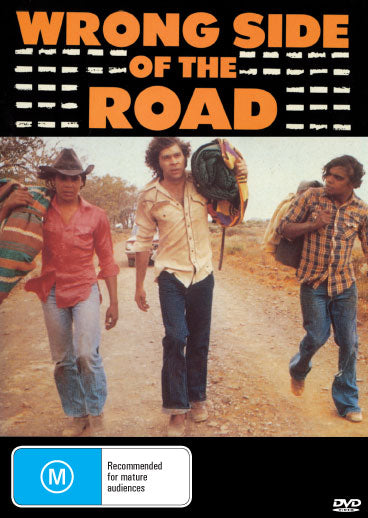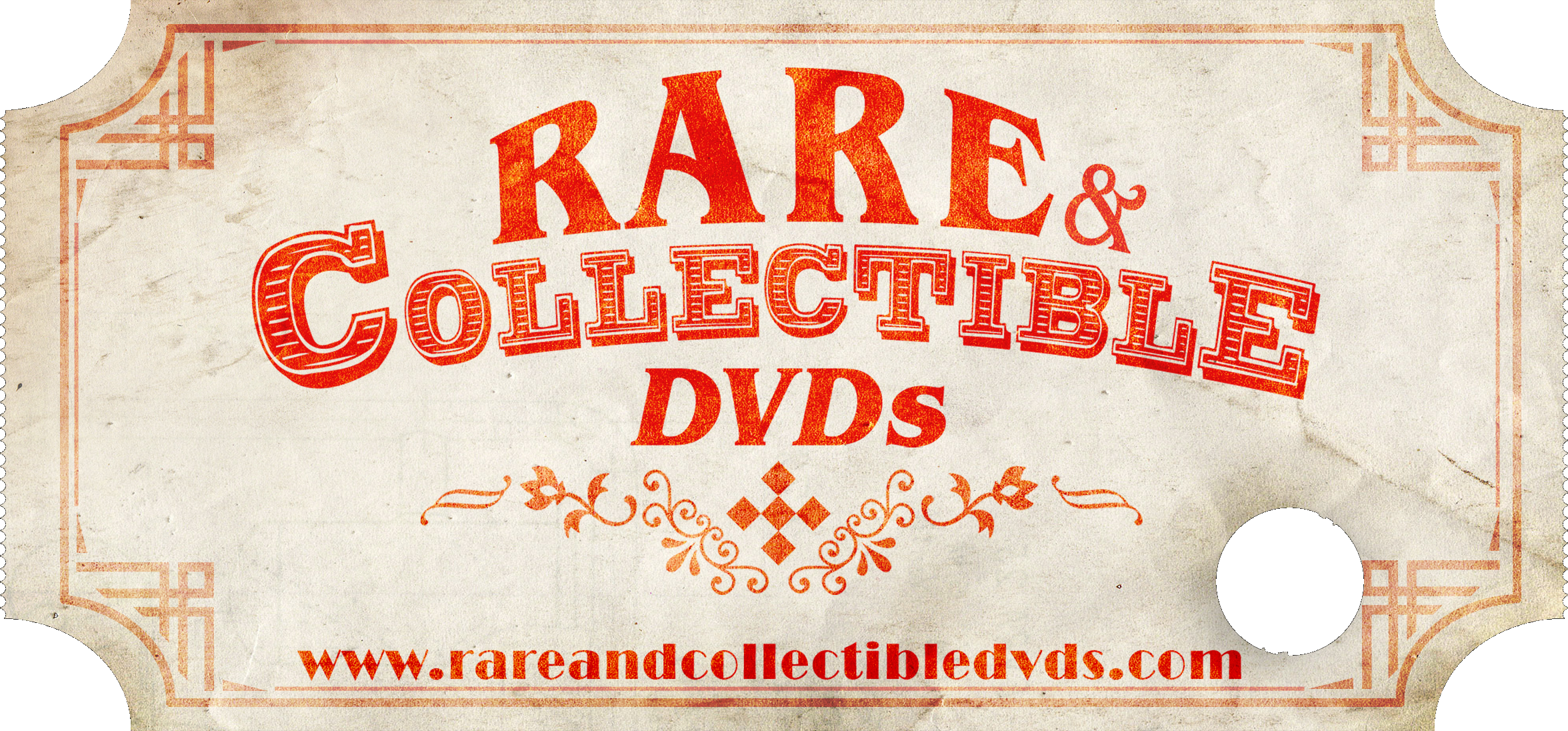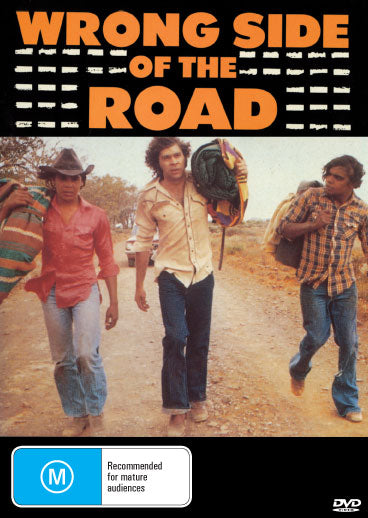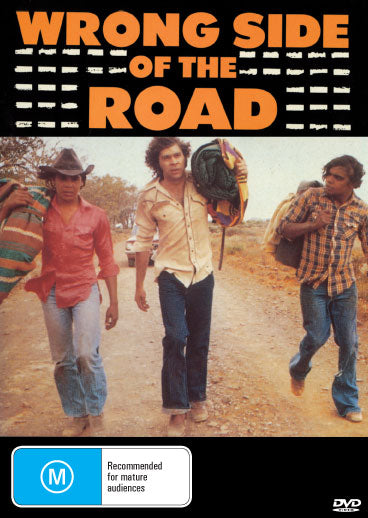rareandcollectibledvds
Wrong Side Of The Road
Wrong Side Of The Road
 Before you ORDER please check do you wish to order a DVD or a Digital Download file
Before you ORDER please check do you wish to order a DVD or a Digital Download fileFor DVD use the GET DVD Button
For a Digital Download use the DOWNLOAD Button
Couldn't load pickup availability
Wrong Side of the Road opens with scenes of police breaking up a performance of the two groups, arresting a band member and his subsequent escape from a police vehicle. It continues with run-ins between the musicians and the establishment. The racism encountered when the bands turn up at a gig and the white hotel manager discovers they are black, the insensitivity of the police and bureaucrats, and the difficulties in tracing one’s family after being adopted out (“Stolen Generations”), reflect the problems encountered by many urban Aboriginal people. Wrong Side of the Road (named after a song from Us Mob) reveals the injustices Aboriginal people constantly face. The thread that runs through Wrong Side of the Road is the story played by Les Graham in the film, of a young man looking for his mother. The film’s script comes from the life stories from members of the bands, and people around the bands and at the Centre for Aboriginal Studies in Music. They weren’t necessarily playing … We have survived the white man’s world.
STARS: Leslie Graham, Chris Jones, Veronica Rankine
79 min | Biography, Drama, Music | 1981 | Color
Movies with low demand and/or out of print are manufactured-to-order using high quality recordable DVDs. Please read FAQs if unsure, or send a query.
All DVDs are Region 0 and are guaranteed to play on any DVD player in any country in the world
Satisfaction Guarantee – if you are not satisfied with any aspect of your purchase then we will explore all options to rectify the issue
COMBINED POSTAGE: ONLY CHARGED FOR THE FIRST DVD ALL OTHERS IN A MULTIPLE ORDER ARE POST FREE
Postage: Free In Australia.
Postage: Rest Of The World at Table Rate
All DVDs come in a DVD case with color artwork and printed disc
All DVDs are available as an MPEG4 file sent to you via an email link. Save on postage and waiting time. Transfer can take up to 12 hours depending on the time zone you are in.
Not Perfect… But Certainly Ahead of Its Time
“Wrong Side of the Road” is a somewhat obscure film from the period that some call the “New Wave of Australian Cinema”. It is a fictional (albeit semi-autobiographical) road movie about two real-life bands – No Fixed Address and Us Mob, but pulls no punches in portraying the socio-political issues that Aboriginal (or Indigenous) Australians faced at the time – and in fact is still quite relevant even up to this day. Not many Australian films up until this point had tackled this subject matter (although “Backroads”, from 1977, is an early example however) – in this aspect, “Wrong Side of the Road” was certainly groundbreaking.
Some critics might say that this film is “too left-wing…”, “too politically correct…” or perhaps even “too racially biased…” – but in honesty, the film is done from a perspective that mainstream Australia hadn’t really either seen or heard previously. As a viewer, the issues dealt with in the film certainly resonated their point across quite loudly. Also given that just about everyone in the film is starring as themselves, it adds to the film’s credibility as an honest portrayal of Indigenous Australia – yet it doesn’t pretend to be a documentary – it is filmed more from a fly-on-the-wall perspective of the subjects’ lives (with a few flashback scenes spliced in-between). However, the film does suffer from being a little slow-moving in some parts – a trait not uncommon with many Australian films from this period, which is sadly what bogs it down a bit. It does unfortunately detract from what is otherwise a quite good low-budget socio-political film.
Although there is one thing about this film which does make it enjoyable to watch – that is the soundtrack. The music is in one word – awesome! Both bands had originally formed in Adelaide in the late 1970s, and were involved in the Centre of Aboriginal Studies in Music.
